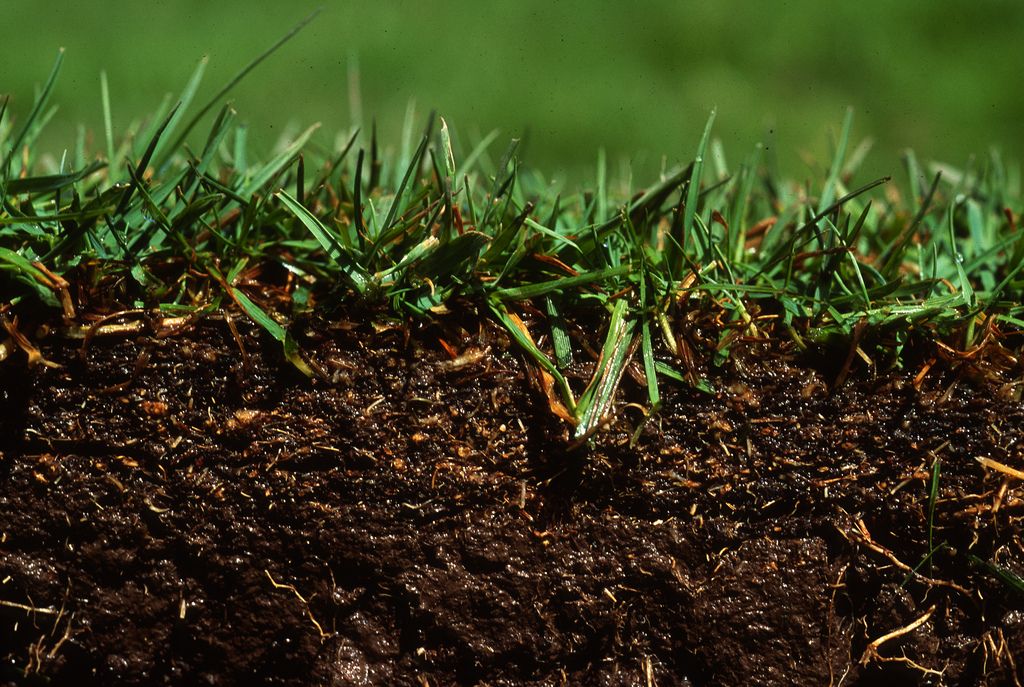CBD and THC are two of the most well-known cannabinoids found in the cannabis plant. While they both interact with the endocannabinoid system (ECS) in the human body, they have distinct properties and effects, leading to an ongoing debate about their differences and potential benefits. In this comprehensive guide, we will delve into the epic battle of CBD vs. THC, exploring their unique characteristics, medicinal properties, and how they impact the body and mind.
Understanding CBD and THC
What is CBD?
Cannabidiol (CBD) is a non-psychoactive cannabinoid found in cannabis plants, primarily hemp. It does not induce a “high” sensation like THC. CBD is extracted from the plant and processed into various products, including oils, tinctures, edibles, creams, and capsules. It interacts with the ECS, which regulates various bodily functions, including pain, mood, appetite, and sleep.
What is THC?
Tetrahydrocannabinol (THC) is the psychoactive compound in cannabis responsible for the euphoric feeling or “high” experienced by users. Like CBD, THC interacts with the ECS, primarily with the CB1 receptors in the brain and central nervous system. THC is found in higher concentrations in marijuana, a cannabis variety with psychoactive properties, while hemp contains lower levels of THC and is often bred for its CBD content.
CBD vs. THC: Key Differences
Psychoactivity
The most significant difference between CBD and THC is their psychoactive effects. CBD does not alter consciousness or produce any intoxication, making it appealing to those seeking therapeutic benefits without the “high.” In contrast, THC induces a euphoric high, altering perception, mood, and cognitive functions.
Legality
The legal status of CBD and THC varies across different regions and countries. In many places, CBD derived from industrial hemp with less than 0.3% THC is legal, while THC remains illegal or heavily restricted. The legality of cannabis products depends on the concentration of THC, so it is crucial to understand local laws and regulations before purchasing or using such products.
Medical Applications
CBD and THC have different medicinal properties, contributing to their varied applications. CBD is commonly used for its anti-inflammatory, analgesic, anxiolytic, and anti-seizure properties. It is often employed to manage conditions such as chronic pain, anxiety, epilepsy, and sleep disorders.
THC, on the other hand, is mainly used for its pain-relieving properties and its ability to stimulate appetite, making it beneficial for patients undergoing chemotherapy or those suffering from appetite-related issues. It may also have potential in managing certain neurological conditions and glaucoma.
Side Effects
CBD is generally well-tolerated by most individuals, and significant side effects are rare. Some minor side effects may include dry mouth, drowsiness, and changes in appetite. On the other hand, THC can lead to more pronounced side effects, especially when consumed in high doses or by inexperienced users. Common side effects include impaired memory, increased heart rate, anxiety, and coordination issues.
Drug Testing
For individuals subjected to drug testing, it is crucial to understand the differences in how CBD and THC can be detected. Standard drug tests usually look for THC and its metabolites, so consuming THC-rich products may result in a positive drug test. While pure CBD products are unlikely to trigger a positive result, some full spectrum CBD products may contain trace amounts of THC that could potentially cause a positive drug test.
CBD and THC Synergy: The Entourage Effect
The entourage effect is a theory that suggests the various compounds present in the cannabis plant work synergistically to enhance the overall therapeutic effects. When CBD and THC are consumed together, along with other cannabinoids, terpenes, and flavonoids, they may produce more significant benefits than when isolated or used individually.
For example, some studies suggest that the presence of CBD may mitigate some of the adverse effects of THC, such as anxiety and paranoia. Additionally, terpenes and flavonoids found in the plant may contribute to the overall effects and aroma, creating a more well-rounded and balanced experience.
Choosing Between CBD and THC
Consider Your Needs and Goals
The choice between CBD and THC depends on individual needs and goals. If you are seeking relief from pain, anxiety, or inflammation without the intoxicating effects, CBD might be a more suitable option. On the other hand, if you are looking for pain relief, appetite stimulation, or a euphoric experience, THC may be a better fit.
Legal Considerations
Before deciding between CBD and THC, it is essential to consider the legal status of cannabis and its derivatives in your area. Laws and regulations regarding cannabis products can vary significantly from one region to another.
Consult with a Healthcare Professional
For individuals with specific health concerns or medical conditions, consulting with a healthcare professional is essential. A healthcare provider can offer personalized guidance and recommendations based on your health history and individual needs.
Product Quality and Source
Whether you choose CBD or THC, ensuring the quality and source of the products is crucial. Look for reputable manufacturers that use third-party testing to verify the potency and purity of their products. Organic, non-GMO, and pesticide-free sources are generally preferred.
Conclusion
The epic battle between CBD and THC stems from their distinct properties and effects on the human body. CBD offers non-psychoactive relief and a wide range of potential therapeutic benefits, making it an attractive option for many individuals seeking natural remedies. THC, with its psychoactive properties, provides a euphoric experience that some find appealing for recreational or medicinal purposes.
Ultimately, the choice between CBD and THC comes down to individual preferences, needs, and local regulations. Understanding the differences between these plant compounds empowers consumers to make informed decisions about their health and well-being. Whether you opt for the calming effects of CBD or the euphoria of THC, both compounds continue to captivate researchers, health professionals, and individuals seeking alternative approaches to wellness and healing.
Monika Wassermann is a doctor and a freelance writer based in the UK who lives with her cat Buddy. She writes across several verticals, including life, health, sex and love, relationships and fitness. Her three great loves are Victorian novels, Lebanese cuisine, and vintage markets. When she’s not writing, you can find her trying to meditate more, weightlifting, or wandering around in town.
[email protected]
- Sip, Savor, and Sparkle: Exploring the Delights of Melo’s THC Beverages - April 23, 2024
- Exploring Baby Botox with Dr. Laura Geige” - April 2, 2024
- Lip Fillers, Botox, Dermal Fillers, Anti-Wrinkle Injections in Balham SW12 - March 22, 2024











